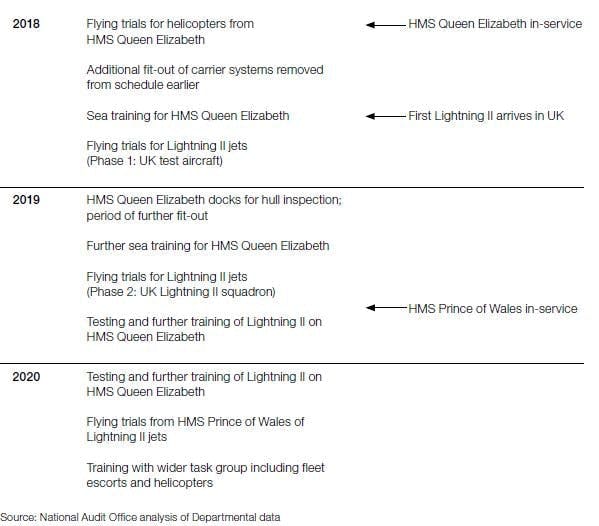A lot has been made of British arms deals with Saudi Arabia being used to arm Islamic State but is that really what’s happening?
The controversy also comes from the fact that UK is selling record quantities of arms to countries listed by the Foreign Office as having dubious human rights records.
The purpose of this article isn’t to defend sales to Saudi Arabia but simply to look at whether or not those sales are arming Islamic State.
Figures shared with the Observer showed that in 2014 the UK licensed just £170m of arms to 18 of the 27 countries then on the ‘priority countries’ list. The massive increase in sales was largely attributable to sales of weapons to Saudi Arabia. The largest export licence granted was for £1.7bn of fighter jets, agreed in May 2015.
An independent arms monitoring group has collected evidence of weapons and ammunition manufactured in at least 21 different countries, including China, Russia, and the United States.
The report by Conflict Armament Research, indicates that the Islamic State’s forces have ‘had little difficulty tapping into the huge pool of armaments fuelling the conflicts in Iraq and Syria’. Much of the Islamic State’s arms and ammunition are captured on the battlefield.
CAR documented ammunition manufactured in 21 countries, with dates of production ranging from 1945 to 2014. Two production periods, the 1970s–80s and the 2000s, are most represented in the sample and primarily consist of ammunition manufactured in China, Serbia, Soviet Union/ Russian Federation, and the US.
Note: The CAR investigation team documented a total of 1,775 cartridges. Of these 45 were either insufficiently marked, or too damaged, to determine the year of manufacture and country of origin. This left a sample of 1,730 cartridges, which is presented in the below table.
CAR recovered most of the 1970s–80s-dated ammunition in the sample from IS forces in Syria. Ammunition from this period is predominantly of Chinese and Soviet manufacture. By contrast, the sample of ammunition recovered in Iraq is mainly US-manufactured and comprises 5.56 x 45mm cartridges, which are used in US-supplied M16 and M4 assault rifles of the Iraqi defence and security forces.

British weapons sold to Saudi Arabia haven’t shown up in the hands of Islamic State but that’s not surprising given the bulk of what the UK has sold to Saudi Arabia consists of jet aircraft and missiles, none of which are in use by Islamic State.
The report lists the ‘Top 5’ contributors to Islamic States arsenal.

Another report, ISIS Weapons and Ammunitions by the International Relations Insights & Analysis group largely confirms this. IRIA is a research institute focusing on analysis on security, energy, terrorism and foreign affairs.
The report states:
“Currently ISIS soldiers are using heavy arms and ammunitions made by United States, Russian Federation, Serbia and China but small arms and sniper rifles in their possession are from United States, China, Russia Czech Republic, Iraq, Syria, Iran, Albania, Serbia, Bosnia-Herzegovina, Romania, Germany, Bulgaria, Hungary, North Korea, Romania, Sudan, Turkey, Slovakia, Poland and Kyrgyzstan. ISIS militants in Iraq and Syria also possess variety of anti-aircraft weaponry, shoulderfired SAMs and heavy machine guns.
According to experts, besides large number of M- 46 130mm field guns, ISIS militants also managed to captured, advanced missiles and rockets, which can be used for launching an attack from mortars, trucks and other vehicles.”
One of the reasons that Islamic State has been able to keep up its offensive operations is that it has lots of capyured military equipment from the Iraq but according to different sources, the only significant amount of British weapons they have are Hawkins anti-tank grenades, a grenade used during World War II.
For a listing of the main weapons used by Islamic State, please see here: http://www.militaryfactory.com/smallarms/weapons-of-isis.asp












